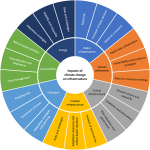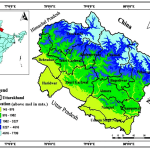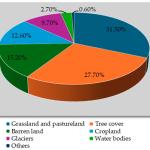Here's a more detailed breakdown:
Understanding the Key Terms:
Stock Market Volatility:
This refers to the degree of variation in the price of a stock or market index over time.
High volatility means that prices are changing rapidly and unpredictably, while low volatility indicates more stable prices.
Fluctuations:
Economic Uncertainty:
Geopolitical Events:
Factors Contributing to Current Volatility:
Impact:
Investor Anxiety:
Market Instability:
Economic Consequences:
What to Watch For:
Central bank announcements regarding interest rates.
Economic data releases, such as inflation and GDP reports.
News related to geopolitical events.
Corporate earnings reports.
In essence, the current stock market volatility reflects a period of significant uncertainty in the global economy and political landscape.










